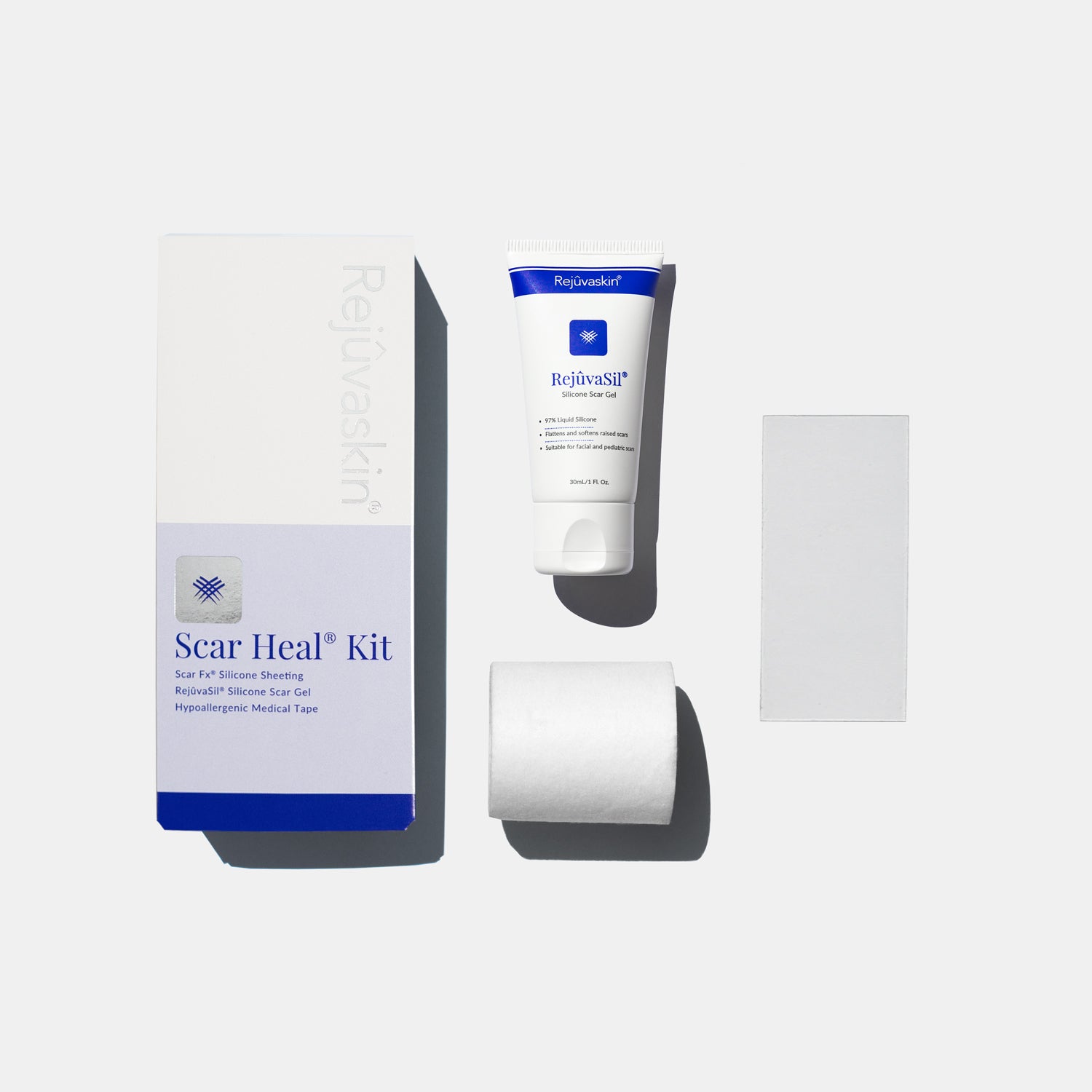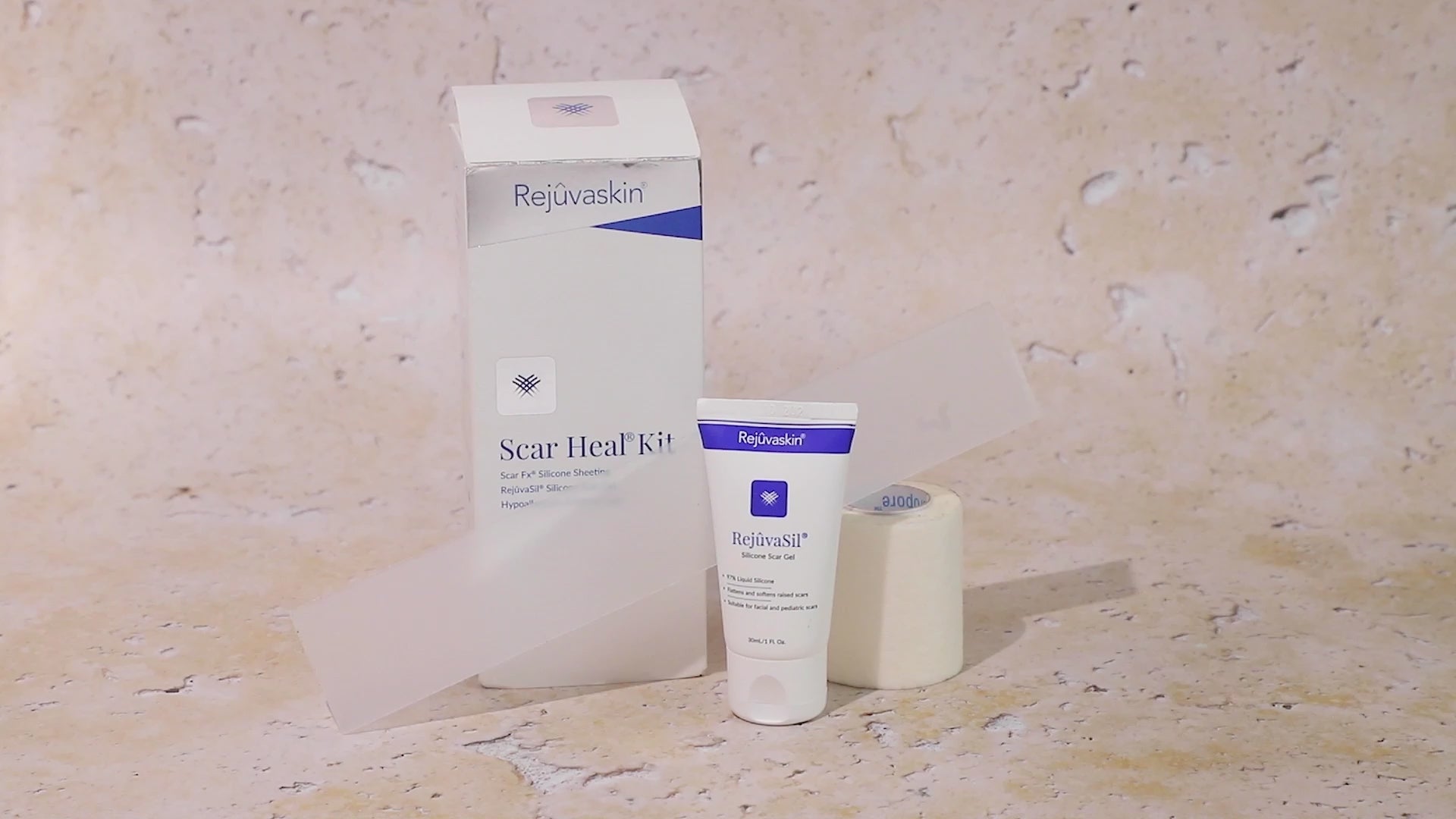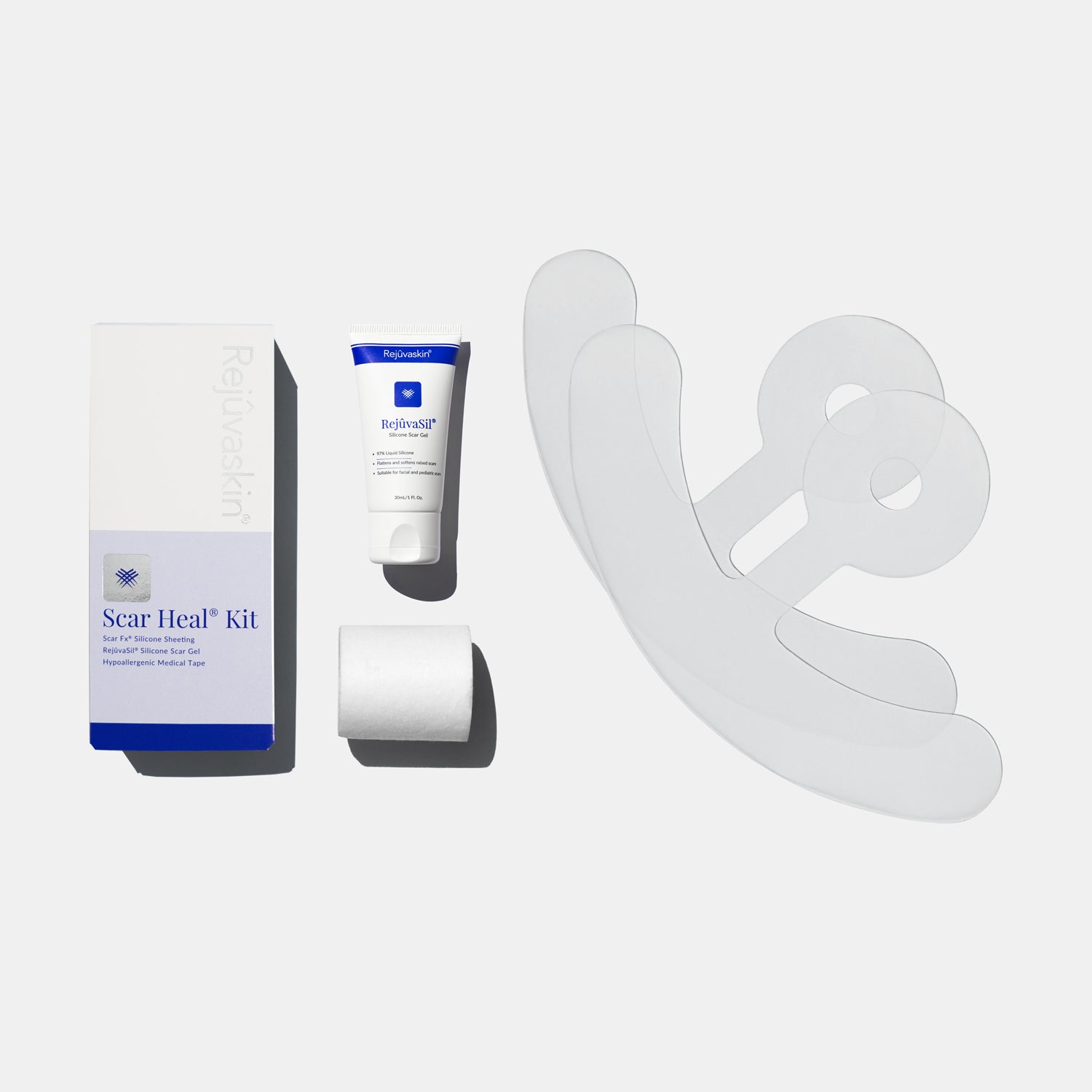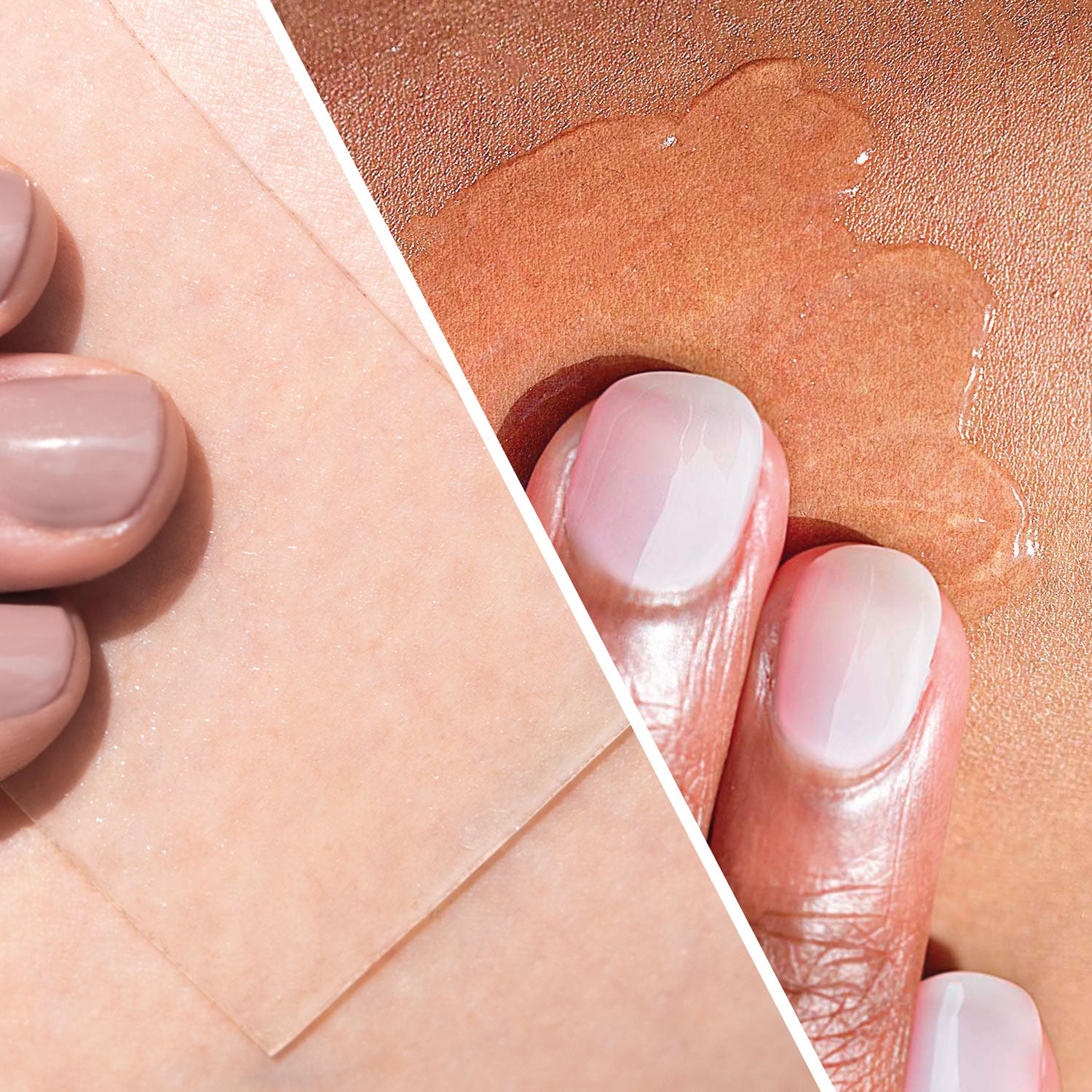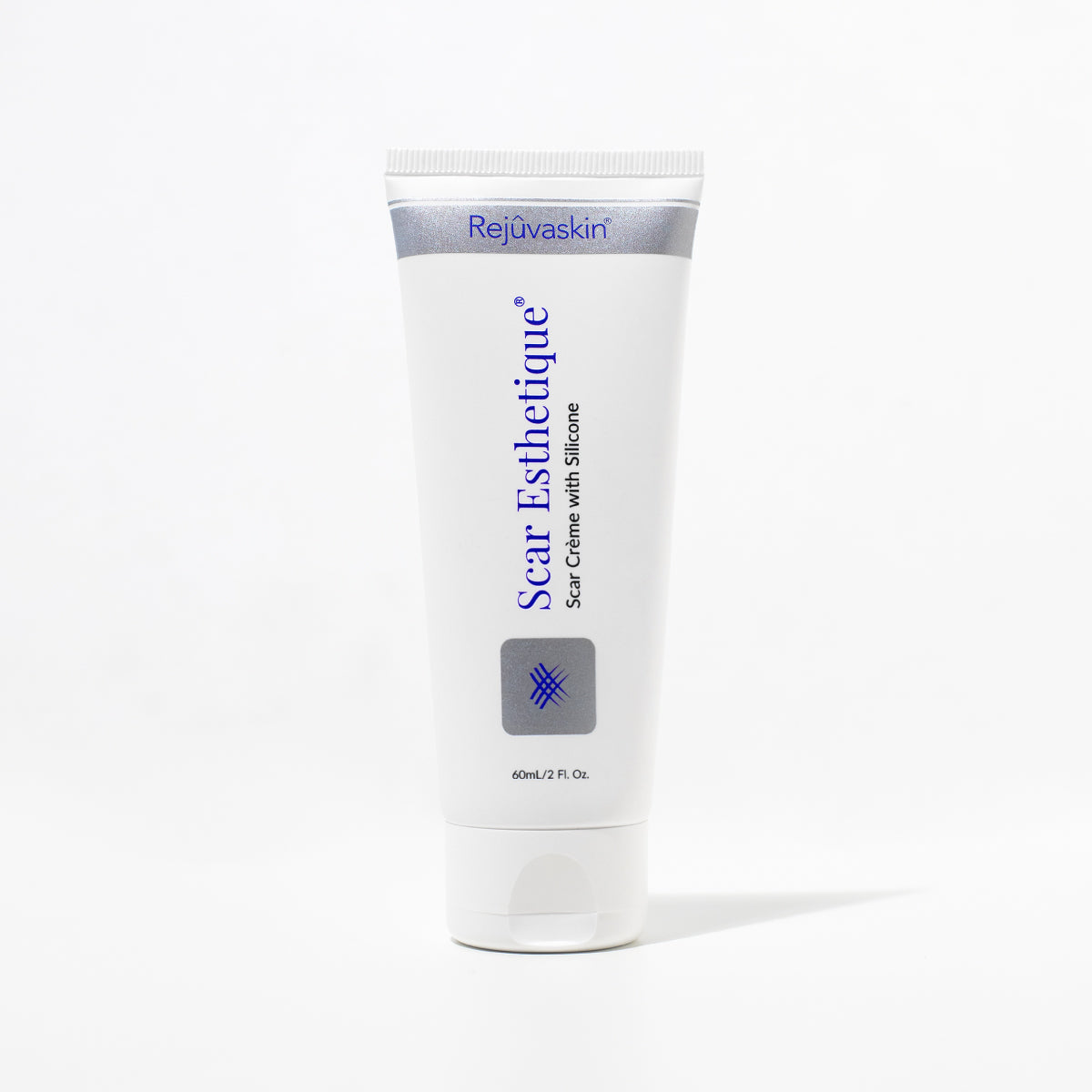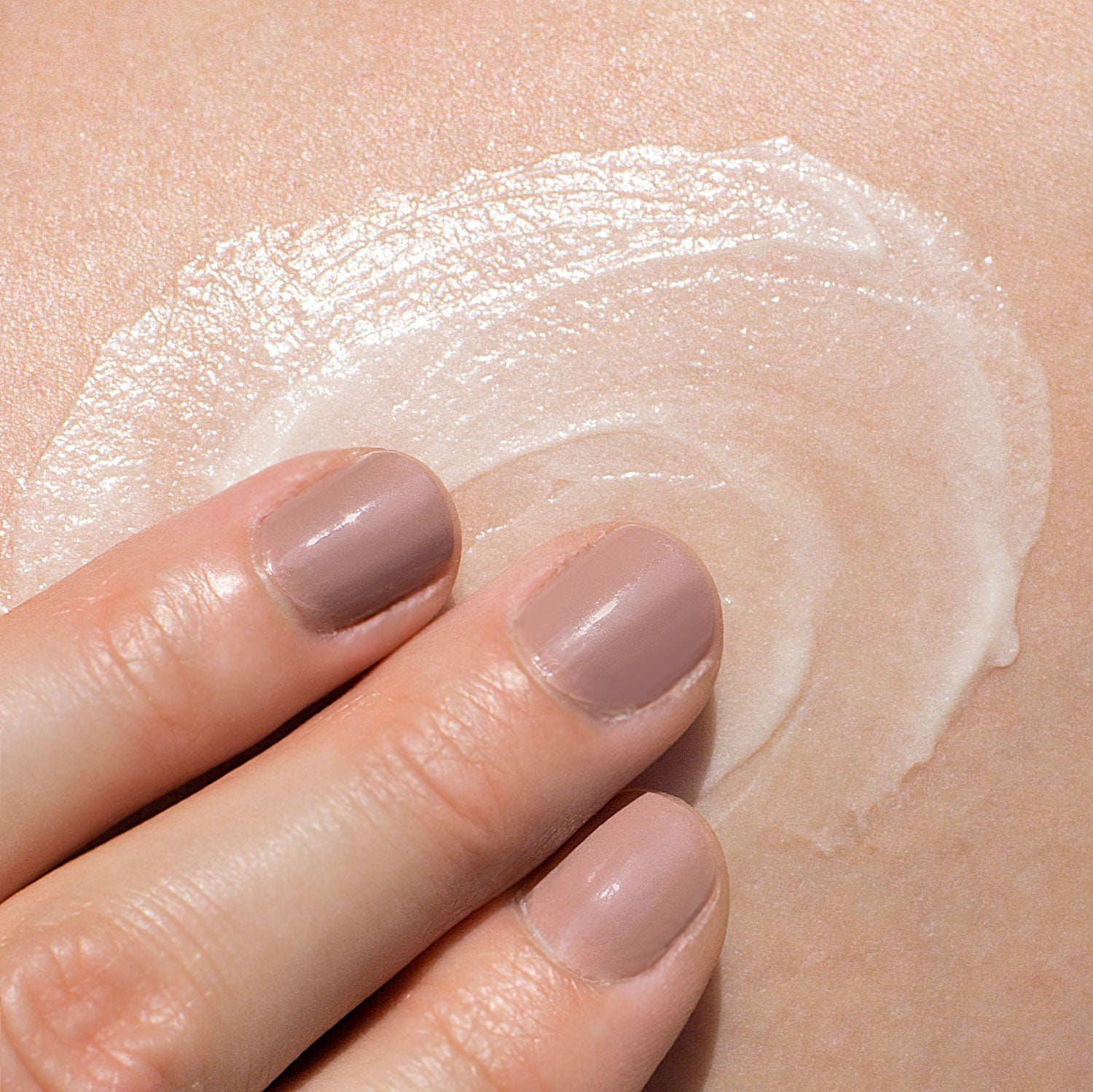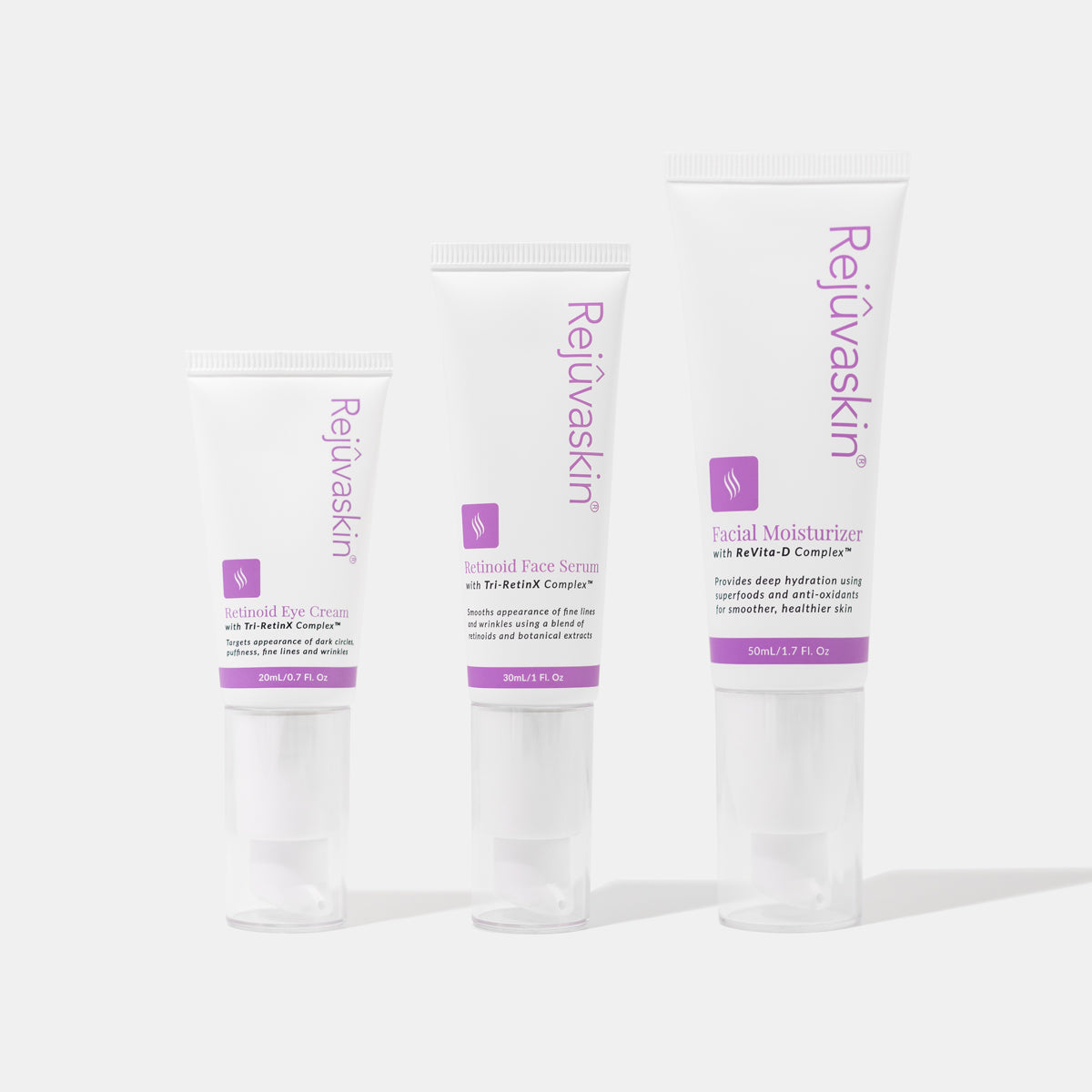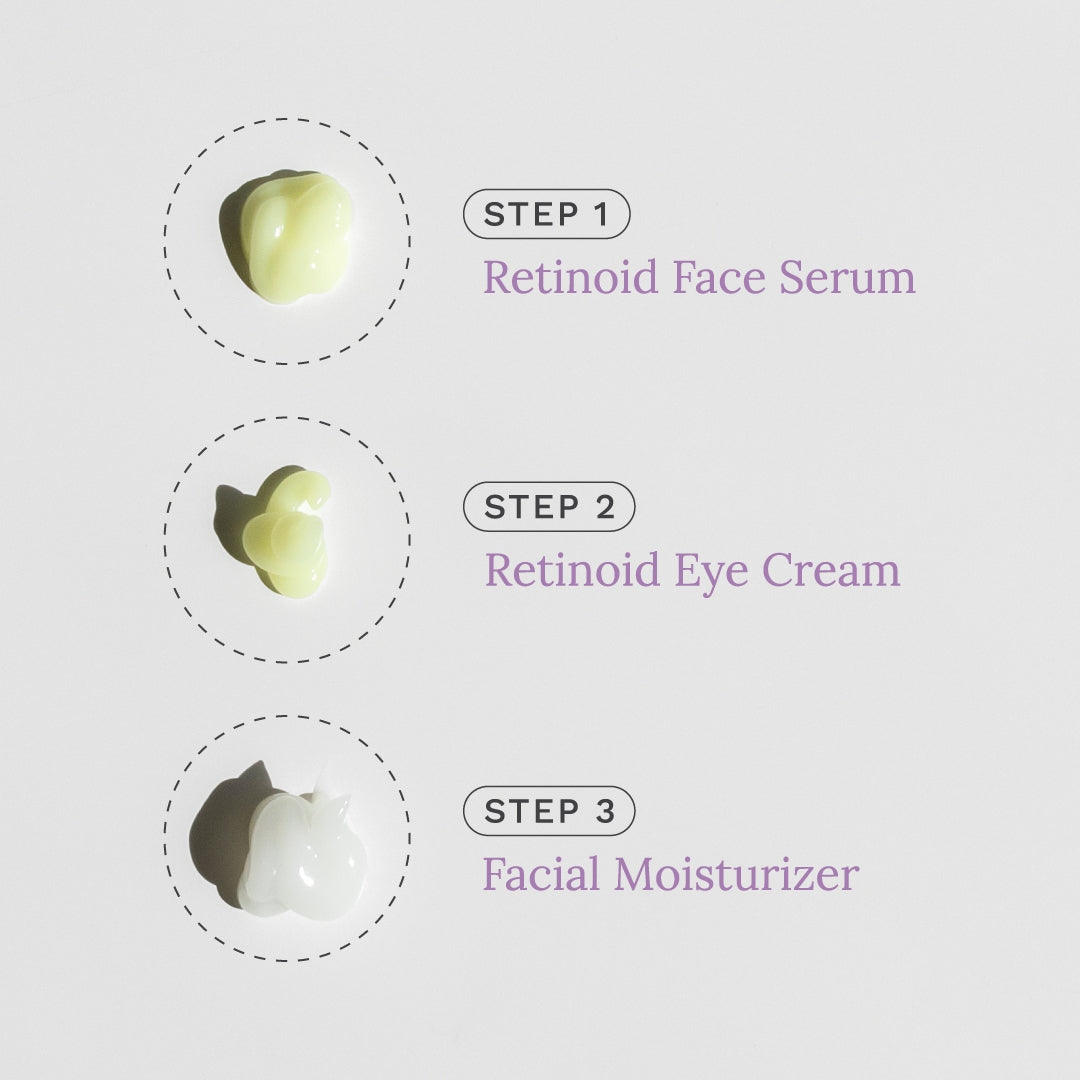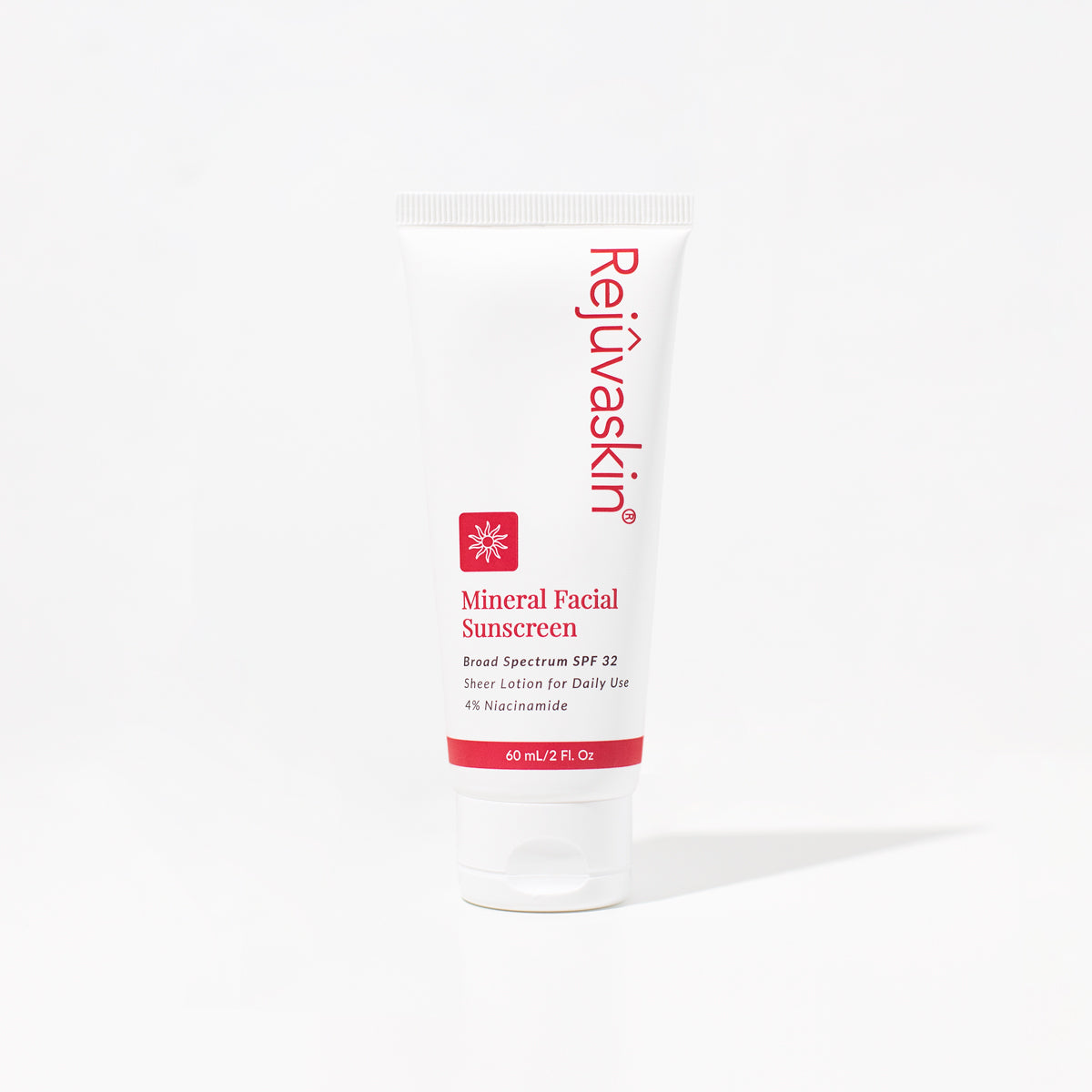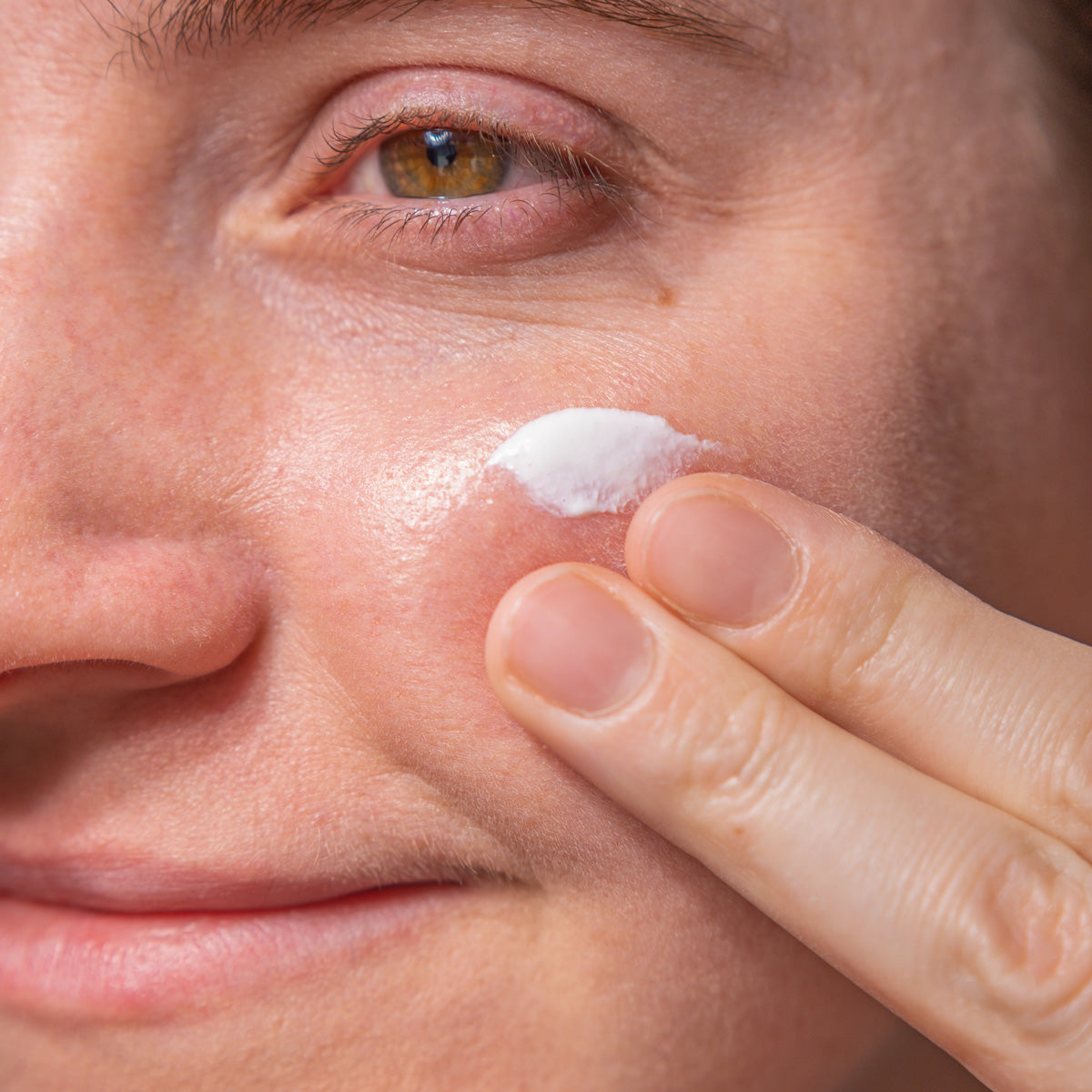As we age, our skin naturally changes. While there isn’t a whole lot we can do about it, there are certainly some things within our control. For many people, seeing hyperpigmented spots can be a concern, especially if cancer runs in their family – but not all spots are concerning, and some are simply age-related. In this post, we’re going to take a look at sun spots vs freckles, how to get rid of age spots, and answer a common question: what are age spots?
What Are Age Spots?
Also known as sunspots or liver spots, age spots are areas of the skin that have increased pigmentation for one reason or another. This is called hyperpigmentation, and it is a natural thing that happens as we age. Furthermore, hyperpigmentation can be accelerated by sun exposure. But, there are other types of hyperpigmentation that often get confused with age spots, so let’s cover those, too.
What Is Melasma?
Melasma is another type of hyperpigmentation that happens during pregnancy. This type of skin darkening is not the same as age spots or freckles and usually fades after the birth of the baby.
How To Get Rid of Age Spots
So, is there a way to get rid of age spots? This is an age-old question that we haven’t yet solved. There are ways to reduce the appearance of age spots, specifically with products that target hyperpigmentation. For example, our Scar Esthetique cream, while it was designed for scars, targets hyperpigmentation on a cellular level. You could certainly try solutions like this to see if they lighten your spots.
How Does Hyperpigmentation Happen?
Some types of hyperpigmentation, like melasma, are caused by hormonal changes. However, most other changes to skin shade happen in response to something external, like sun exposure, medications, or even chemotherapy.
The skin cells, in response to these factors, increase melanin (skin pigment) production, even if it isn’t necessary. Melanin production is a natural byproduct of sun exposure – it’s how we “tan.” However, it’s, of course, very important to protect your skin from the more harmful effects of sun and UV exposure. Some sun is good for our skin, but only while protecting from and blocking UV rays.
Sun Spots vs Freckles: Are They the Same Thing?
The quick answer is no, sun spots and freckles aren’t the same thing. But, why, and how can you tell the difference?
First and foremost, freckles have a genetic component. If one of your parents has facial or arm freckles that increase in darkness in response to sunlight, you probably do, too! Sun spots, on the other hand, are caused entirely by overexposure to the sun. It’s actually a result of melanin-producing cells going into overdrive to help prevent UV damage when they are exposed to sunlight in the future.
Freckles are also usually limited to the nose, cheeks, and upper arms. Sun spots also tend to be much larger.
What’s The Link Between Sun Spots & Cancer?
So, if you have sun spots, do you need to be worried about cancer? Technically speaking, everyone should be cautious about skin cancer as they age. We should all periodically check our skin, looking out for the signs of skin cancer.
But do sun spots necessarily mean you’ll get skin cancer? Not really; sun spots are an indication that you haven’t been too careful in the sun, which means that your cells have already undergone genetic stress. However, that doesn’t mean you’re going to get skin cancer.
It does, however, mean that you need to be more careful as you get older. The following prevention tactics can help you avoid DNA damage to your skin that can cause skin cancer:
- Use a broad-spectrum sunscreen and make sure to reapply it when necessary
- Don’t forget to put sunscreen (like our mineral facial sunscreen) on your face
- Wear clothing that covers your skin and protects you from UVA and UVB rays
- Limit sun exposure during peak sun hours
- Eat a healthy, well-balanced diet with plenty of antioxidants
- Drink plenty of water and hydrate your skin – inside and out
Remember, if you treat your skin well, you'll not only be preventing skin cancer but also premature aging – and your skin will thank you!
